Top 10 Business Analysis Tools for 2024: A Comprehensive Guide
Now We talking about top 10 Business Analysis Tools on this year competitive business environment, business analysis tools play a critical role in helping organizations make data-driven decisions, optimize processes, and ensure long-term growth. The ability to analyze data effectively is no longer a luxury it’s a necessity for businesses looking to stay ahead. The top 10 business analysis tools outlined in this article provide a diverse range of solutions, from data visualization and predictive analytics to project management and process optimization.
This comprehensive guide will cover the top 10 business analysis tools that businesses can leverage to gain insights, improve decision-making, and drive performance.
Introduction: The Importance of Business Analysis Tools
In an era dominated by data, business analysis tools have become indispensable for organizations of all sizes. Whether you’re a small business or a large enterprise, the ability to extract actionable insights from your data can provide a significant competitive advantage. Business analysis tools and techniques allow companies to monitor performance, forecast trends, and identify inefficiencies, leading to better decision-making and improved outcomes.
The rise of digital transformation and big data has also increased the demand for tools that facilitate the analysis of vast amounts of information. The top 10 business analysis tools we’ll discuss in this article offer powerful capabilities that can streamline your analytics process and help you stay ahead in a data-driven world.
1. Microsoft Power BI
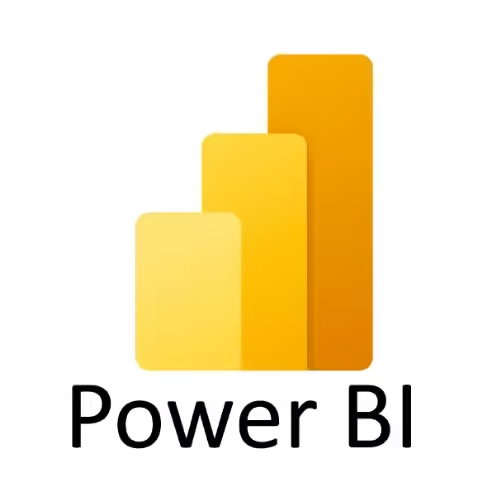
Microsoft Power BI is one of the most popular and robust business intelligence and analysis tools available today. It enables businesses to transform raw data into interactive dashboards and reports that can be easily shared across teams. With its powerful visualization tools and user-friendly interface, Power BI allows businesses to:
- Visualize data in real-time: Power BI’s dashboards provide real-time analytics, enabling decision-makers to act quickly on key insights.
- Integrate with various data sources: Power BI seamlessly integrates with hundreds of data sources, from Excel spreadsheets to cloud-based databases like Azure and SQL Server.
- Collaborate effectively: Teams can collaborate by sharing reports and dashboards within the platform, making it easier for departments to stay aligned on performance metrics.
2. Tableau
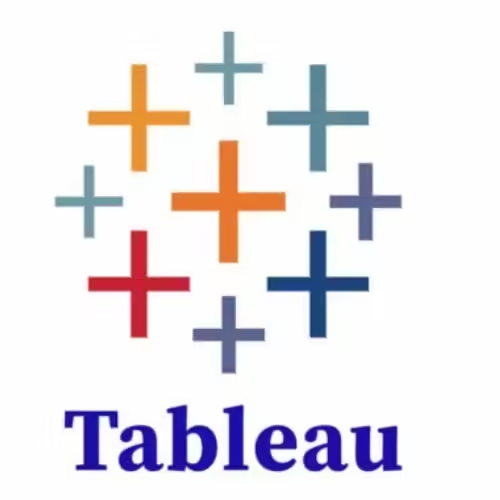
Tableau is another industry-leading business analysis tool that helps businesses visualize and understand their data. Known for its powerful data visualization capabilities, Tableau allows users to create interactive dashboards and reports without extensive technical knowledge. Tableau’s features include:
- Drag-and-drop interface: Tableau’s intuitive interface makes it easy for users to create visual representations of complex data sets.
- Scalability: Tableau is designed to scale with your business, making it suitable for both small businesses and large enterprises.
- Data connectivity: Tableau connects to numerous data sources, enabling businesses to combine data from multiple platforms for a comprehensive analysis.
3. Google Data Studio
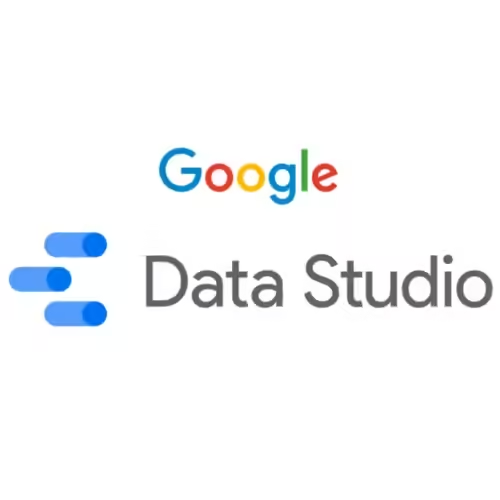
Google Data Studio is a free business analysis tool that allows businesses to turn their data into interactive, shareable dashboards and reports. It’s part of Google’s suite of analytics products and offers a wide range of customization and visualization options.
- Ease of use: Google Data Studio is easy to learn, making it accessible for both data professionals and beginners.
- Google integration: Since it’s a Google product, it integrates seamlessly with Google Analytics, Google Ads, and other Google services, allowing for a smooth flow of data.
- Customizable reports: Users can customize reports based on their specific needs, making it easier to present data to stakeholders.
4. SAS Business Analytics
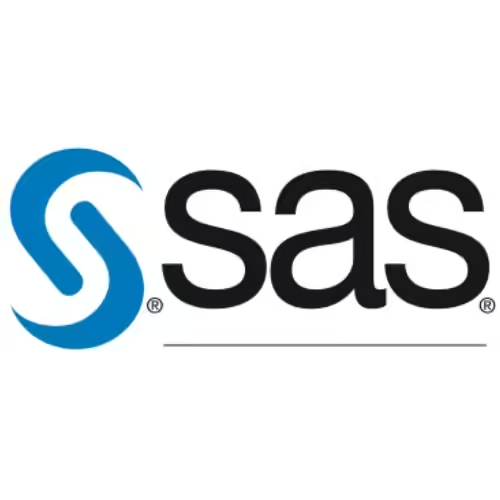
SAS Business Analytics is a comprehensive analytics platform designed for enterprises. It offers advanced capabilities in areas such as data mining, predictive analytics, and business intelligence. SAS is widely used by industries like finance, healthcare, and retail.
- Predictive analytics: SAS excels in predictive analytics, helping businesses forecast trends and make proactive decisions.
- Advanced data management: SAS allows organizations to manage large datasets effectively, ensuring accurate and timely insights.
- Industry-specific solutions: SAS provides tailored solutions for specific industries, offering tools and templates to address unique challenges.
5. IBM Cognos Analytics
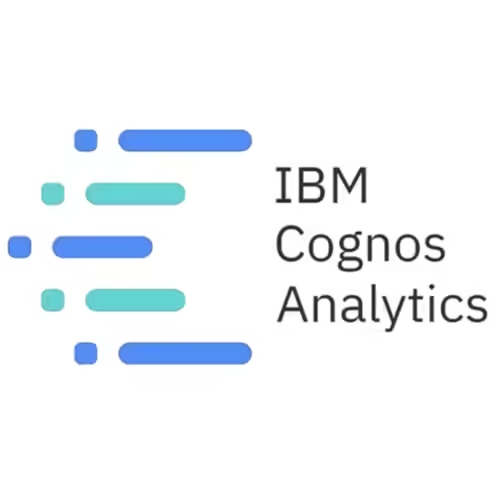
IBM Cognos Analytics is a cloud-based business intelligence tool that helps organizations automate the data analysis process. It provides AI-driven insights, enabling users to explore their data in a more intuitive way.
- AI-powered insights: Cognos Analytics uses AI to suggest visualizations, identify patterns, and highlight key insights.
- Natural language queries: Users can interact with their data using natural language queries, making it easier for non-technical users to gain insights.
- Collaboration features: Cognos Analytics allows teams to collaborate by sharing dashboards and reports within the platform.
6. Sisense
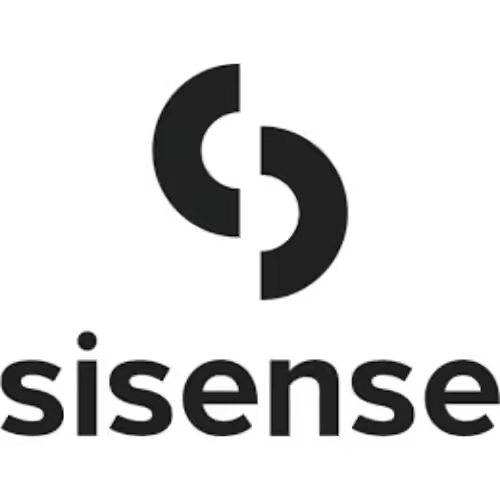
Sisense is a powerful analytics platform that focuses on simplifying complex data analysis. It allows businesses to turn vast amounts of data into actionable insights, regardless of the data’s size or complexity.
- End-to-end solution: Sisense provides an end-to-end solution for data preparation, analysis, and visualization.
- In-chip technology: Sisense uses in-chip technology to process data faster and more efficiently, providing real-time insights.
- Customizable dashboards: Businesses can create fully customizable dashboards to track key performance indicators (KPIs) and metrics relevant to their operations.
7. Qlik Sense
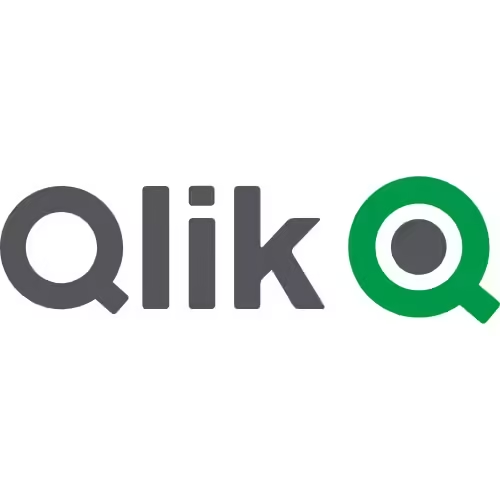
Qlik Sense is a self-service data analytics tool designed for both data professionals and non-technical users. It provides a robust platform for data discovery, visualization, and analysis.
- Associative data model: Qlik Sense uses an associative data model that allows users to explore their data without predefined queries, making it easier to discover hidden relationships.
- Self-service analytics: Users can create their own reports and dashboards without relying on IT, giving them more control over the analysis process.
- Multi-device compatibility: Qlik Sense dashboards are responsive and can be accessed on multiple devices, including smartphones and tablets.
8. Zoho Analytics
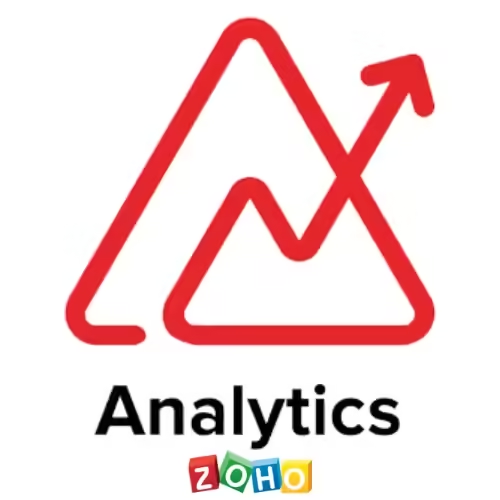
Zoho Analytics is a cloud-based business intelligence tool that enables businesses to analyze data from various sources and create insightful reports and dashboards.
- Integration with Zoho apps: Zoho Analytics integrates seamlessly with other Zoho applications, making it an excellent choice for businesses already using the Zoho ecosystem.
- Drag-and-drop report builder: Users can create custom reports using a simple drag-and-drop interface, making data analysis accessible to everyone.
- AI-powered insights: Zoho Analytics includes AI-driven features like Zia, Zoho’s AI assistant, which can generate insights and recommendations based on data.
9. Looker
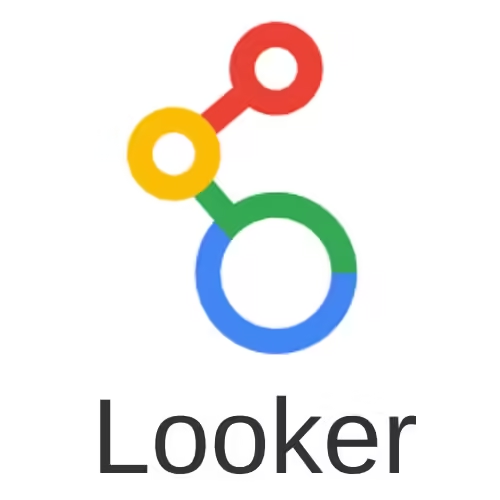
Looker is a data platform that helps businesses explore, analyze, and share real-time business insights. It is known for its strong data exploration capabilities and seamless integration with Google Cloud.
- Data exploration: Looker allows businesses to explore large datasets and extract actionable insights in real-time.
- Customizable workflows: Looker provides businesses with customizable workflows, enabling teams to tailor their data exploration based on their specific needs.
- Integration with Google Cloud: Looker integrates seamlessly with Google Cloud services, making it an excellent choice for businesses leveraging Google’s infrastructure.
10. Oracle Business Intelligence (BI)
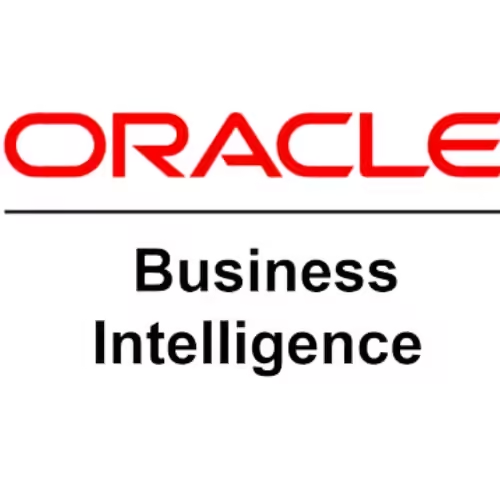
Oracle BI is a comprehensive suite of enterprise business analytics tools that provide robust reporting, analytics, and data integration capabilities. It’s designed for large organizations that need to manage complex data sets.
- Enterprise-grade analytics: Oracle BI provides a range of analytics solutions designed for large enterprises, offering tools for reporting, dashboards, and data integration.
- Scalability: Oracle BI is highly scalable, making it suitable for businesses that anticipate growth and need a system that can handle larger data sets over time.
- Integration with Oracle Cloud: Oracle BI integrates with other Oracle cloud services, providing businesses with a comprehensive ecosystem for their data management and analytics needs.
How to Choose the Right Business Analysis Tool
Choosing the right business analysis tool depends on several factors, including the size of your organization, the complexity of your data, and your specific business needs. Here are some considerations:
- Budget: Some tools are free or low-cost, while others require a significant investment. Evaluate your budget and choose a tool that offers the best value for your business.
- Ease of Use: Not all business analysis tools are easy to use, especially for non-technical staff. Choose a tool that matches the technical proficiency of your team.
- Scalability: As your business grows, your data will grow too. Choose a tool that can scale with your business.
- Integration: Consider whether the tool integrates with the other software and platforms you use, such as CRM, marketing platforms, and cloud storage.
- Customization: Some businesses need highly customizable tools to fit their specific processes and workflows. If this is important to you, prioritize tools that offer extensive customization options.
Conclusion: Empower Your Business with the Right Tools
Investing in the right business analysis tools is crucial for success in today’s data-driven world. The top 10 business analysis tools outlined in this article offer a range of features that can help businesses of all sizes analyze data, make informed decisions, and drive performance. Whether you’re a small startup or a large enterprise, the right tools can transform how you operate, leading to better decision-making, enhanced efficiency, and ultimately, a stronger bottom line.analysis tools it’s important to Create a Scalable Business Model.
References
- Power BI Official Site – https://powerbi.microsoft.com
- Tableau Official Site – https://www.tableau.com
- SAS Business Analytics – https://www.sas.com
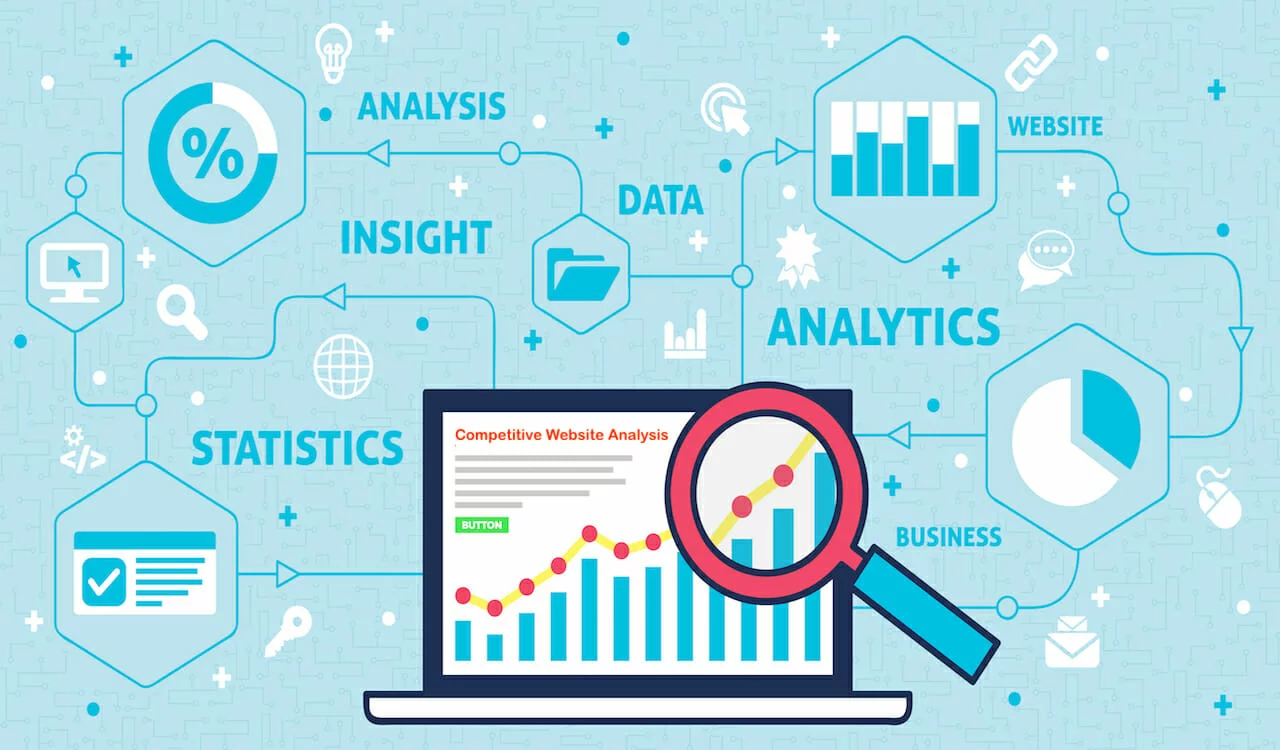
Leave a Reply